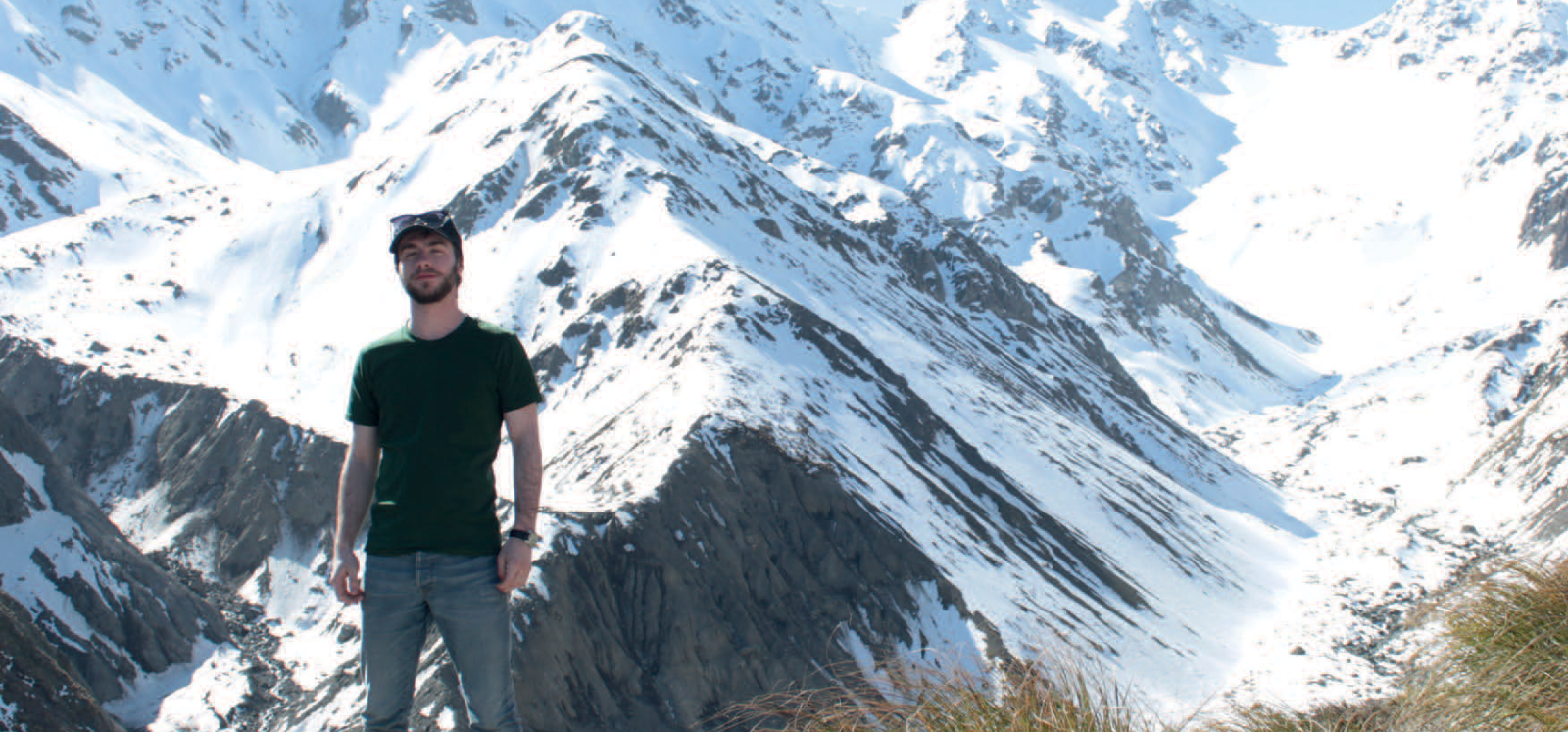My work placement at Seal Rescue Ireland is split into 2 very different work shifts. Half of my time is spent looking after seals which have been rescued from all around the Irish coastline, while the other half is spent giving tours of the facility and educating people about how seals fit into our marine ecosystems in Ireland and the UK. While on ‘seal’ duty, I feed the seals and have learned various animal handling and husbandry techniques. I tube feed seals which haven’t learned how to eat solid fish yet, help them learn how to eat and behave properly as Seal Rescue Ireland is a rehabilitation centre for seals, and the end goal is to re-release all the seal pups which have been rescued. This means that I’m gaining valuable experience working with wild animals which can be aggressive and dangerous.
On ‘tour’ or event duty, I give tours to people and spread awareness of the threats to seals in Ireland, why we need to keep our seal population healthy and what everyone can do to help keep our marine life healthy. This has massively helped my people skills and confidence when speaking to people, putting my best foot forward and given me a more optimistic attitude towards conservation. If people are willing to learn about what threatens other life on earth, they can help to conserve it and spread awareness, which will make a difference in the long run. My photography skills have also improved as I take a lot of pictures for the centre. I’ve gotten better at working under pressure during my shifts manning the rescue hotline and coordinating rescues for seals which are at the other end of the country to get them to the centre for the care they need.
My placement in New Zealand was with the Department of Conservation, a branch of the government which is tasked with protecting the natural heritage and biodiversity of New Zealand, and maintaining campsites and hiking trails to ensure that people can safely enjoy and experience the nature and scenery that New Zealand has to offer.
I spent most of my time working in an office on a range of projects. I matched GPS coordinates to aerial photos taken of whales to track their activity sites, developed a Standard Operating Procedure for tagging and Microchipping sea lions and fur seals as part of conservation projects, developed a code of practice for safely handling bycatch of protected species on fishing boats to minimise mortality, and generally got to see the other side of conservation – the preventative measures.
What have your placement highlights been?
At Seal Rescue Ireland, my highlights are the amazing people I have met and worked with, and getting the opportunity to work with and handle wild animals safely and for their benefit. Getting to see the seals released back into the wild after I’ve helped to rehabilitate them is really rewarding.
My highlight from New Zealand was definitely getting to be involved with a population estimate study for the Hutton’s Shearwater – a critically endangered seabird which only nests in a specific mountain range on New Zealand’s South Island. I spent 2 nights catching and marking birds on the side of a snowy mountain, then 3 days out on boats counting the number of marked vs unmarked birds for a population estimate following the destruction of nesting areas during the Kaikoura earthquake in 2016.
The scenery in the mountains was unbelievable and while on the water I saw a southern right whale only a few metres from my boat, critically endangered Hector’s Dolphins swimming alongside us and all while helping to preserve an endemic species. I don’t take the opportunity for granted for a single second.
My plans for the future probably involve getting a Masters, and a lot more travelling. I want to see as much of the world as I can through my career, but I fell in love with New Zealand, so I won’t be surprised if I find myself back there permanently.
Your advice for current or prospective students hoping to study in the School of Biological Sciences and thinking of undertaking placement?
Think about what you enjoy most in life and what you find most interesting. I went into marine biology because I am passionate about conserving the species which are threatened by human activity – I don’t expect to be a millionaire any time soon, but I get enough satisfaction from learning more about our oceans and feeling like I’m helping to protect some of the most interesting life forms on earth.
I don’t think most people are fully decided on what they want to do with their lives upon finishing secondary school, but it’s definitely worth thinking about it all.
Once you’re on your way to where you want to be, take every opportunity and experience that comes your way, because there’s always something for you to learn.
Chris Deery

